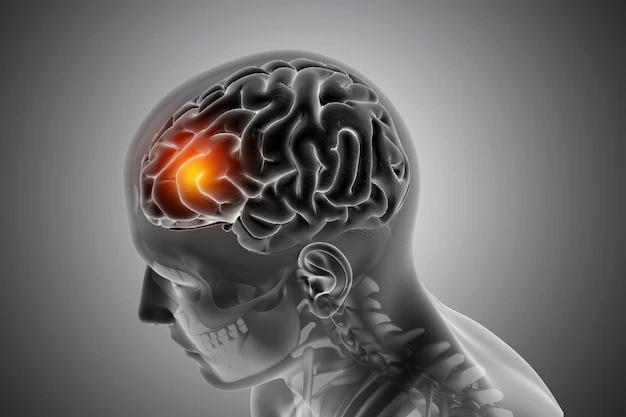Hypertension and Extreme Cold Weather: Understanding the Risk of Stroke
As the winter season sets in, medical experts are warning about the potential heightened risk of brain stroke and hemorrhage among individuals with hypertension. With the dropping temperatures, there is an increased concern about the impact on health, particularly for those with high blood pressure.
Impact of Cold Weather on Stroke Risk
The India Meteorological Department has reported a further dip in the minimum temperature to 5 degrees Celsius in Delhi, with the city recording a minimum temperature of 6.4 degrees Celsius, two notches below the season’s average. Studies have highlighted the concerning correlation between cold weather and an elevated risk of brain hemorrhage, demonstrating a critical link between temperature and health outcomes.
Studies Revealing the Alarming Connection
Pivotal studies published in esteemed medical journals, including ScienceDirect, American Heart Association Journals, and PubMed, have uncovered a significant connection between cold weather and the vulnerability to brain hemorrhage, impacting individuals with hypertension and those with normal blood pressure levels alike. A case-crossover analysis featured in ScienceDirect has revealed that cold temperatures pose a heightened risk for hemorrhagic stroke compared to snowfall, emphasizing the potent role of cold weather as a risk factor for brain hemorrhage.
Expert Insights on the Correlation
According to Dr. Manish Vaish, Senior Director of Neurosurgery at Max Super Speciality Hospital, Delhi, cold weather appears to act as a catalyst, elevating the risk of brain hemorrhage, particularly in individuals with hypertension. The correlation between cold weather and heightened risk demands proactive preventive measures, especially for those with existing health conditions. Dr. Yashpal Singh Bundela, Senior Consultant at Sushrut Brain and Spine, New Delhi, also emphasizes the need for timely interventions to mitigate potential health hazards during cold weather, highlighting the increased risk of cerebral hemorrhage among normotensive individuals.
Implications and Preventive Measures
It is crucial to understand the implications of these findings and take timely intervention, including managing blood pressure levels and adopting protective measures against extreme cold, to minimize the potential risks associated with brain hemorrhage during colder seasons. Dr. Bundela emphasizes the call for public awareness and proactive health measures, urging individuals, especially those with hypertension or cardiovascular risks, to take preventive steps, including regular health check-ups, maintaining optimal blood pressure levels, and staying warm in colder temperatures.
Signs and Management of Brain Hemorrhage
If someone experiences brain hemorrhage, it is important to rush the patient to the nearest emergency department at the earliest. Common signs of brain hemorrhage include sudden severe headaches, weakness or numbness on one side of the body, difficulty speaking or understanding speech, vision disturbances, dizziness or loss of balance, nausea or vomiting without an apparent cause, and seizures. Dr. Vaish emphasizes the essence of time in managing brain hemorrhage, urging swift and coordinated medical intervention to stabilize vital signs, ensure proper oxygenation, and control blood pressure to prevent complications.


